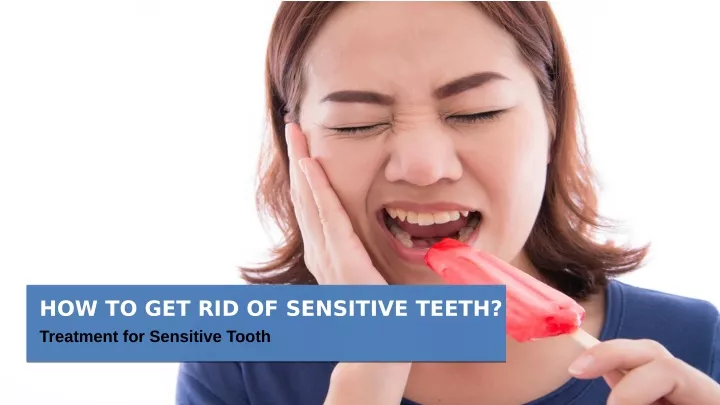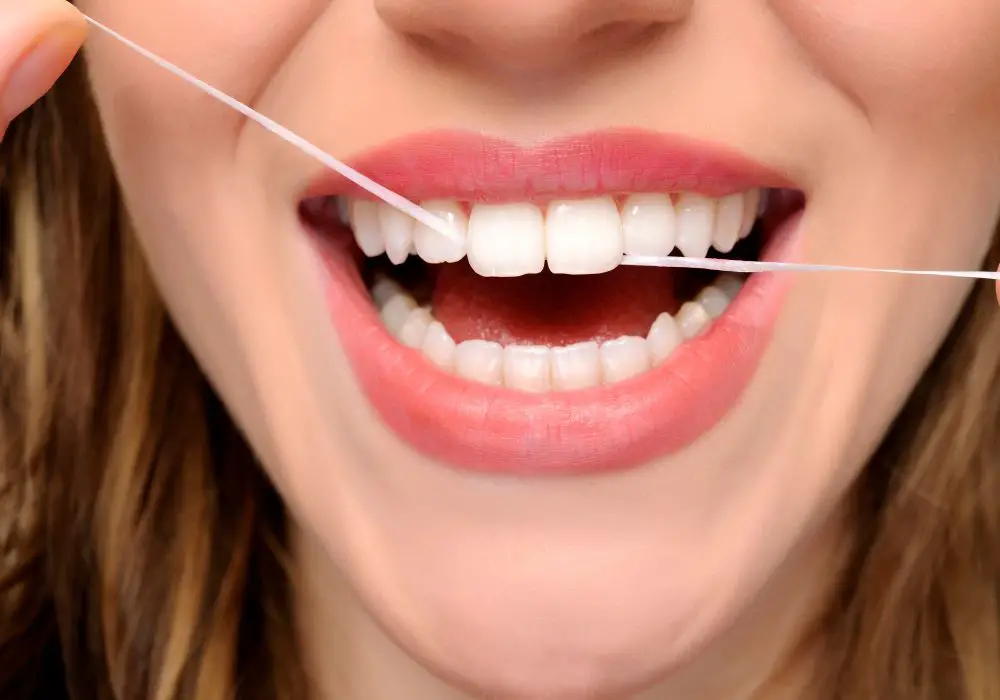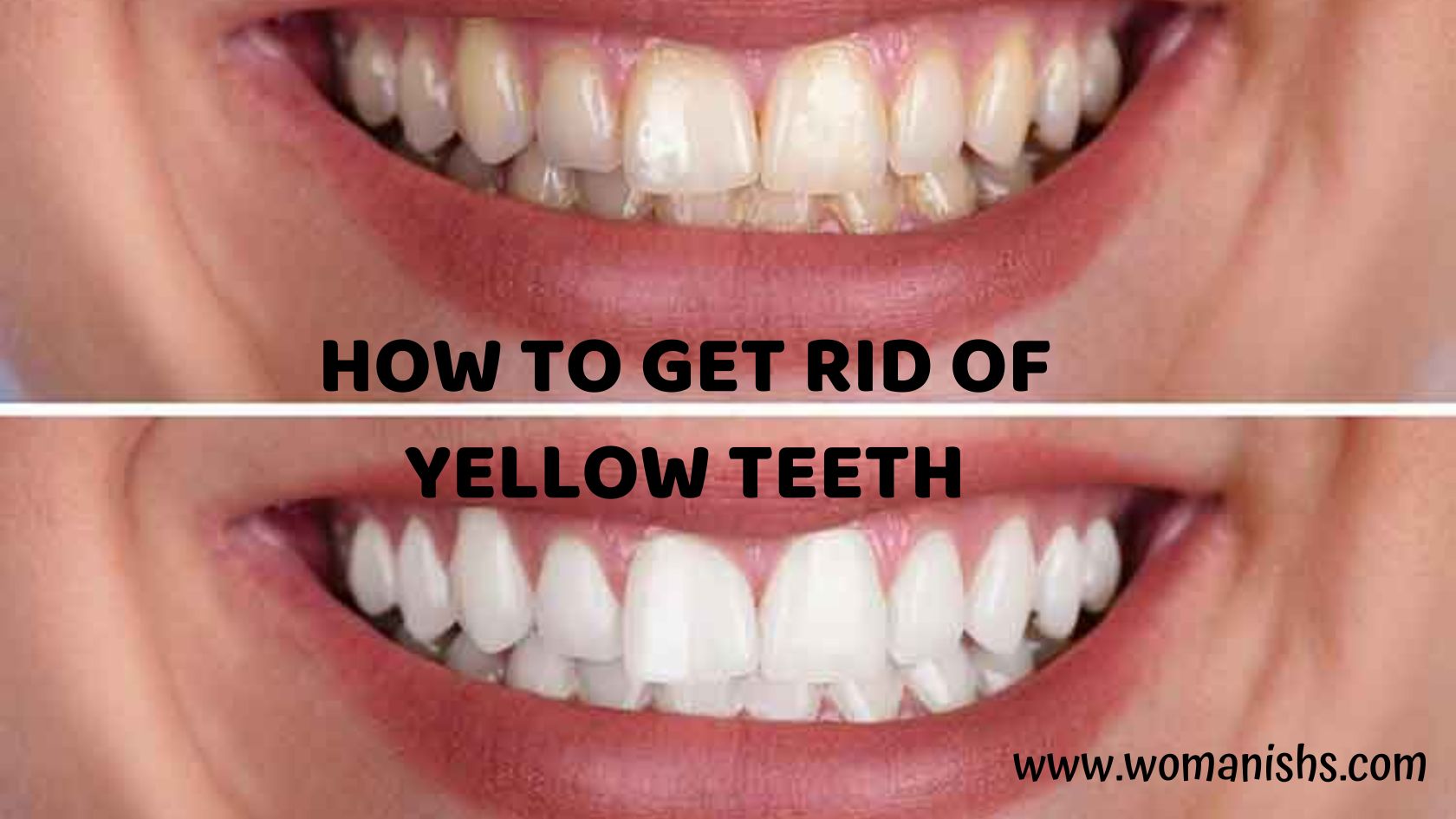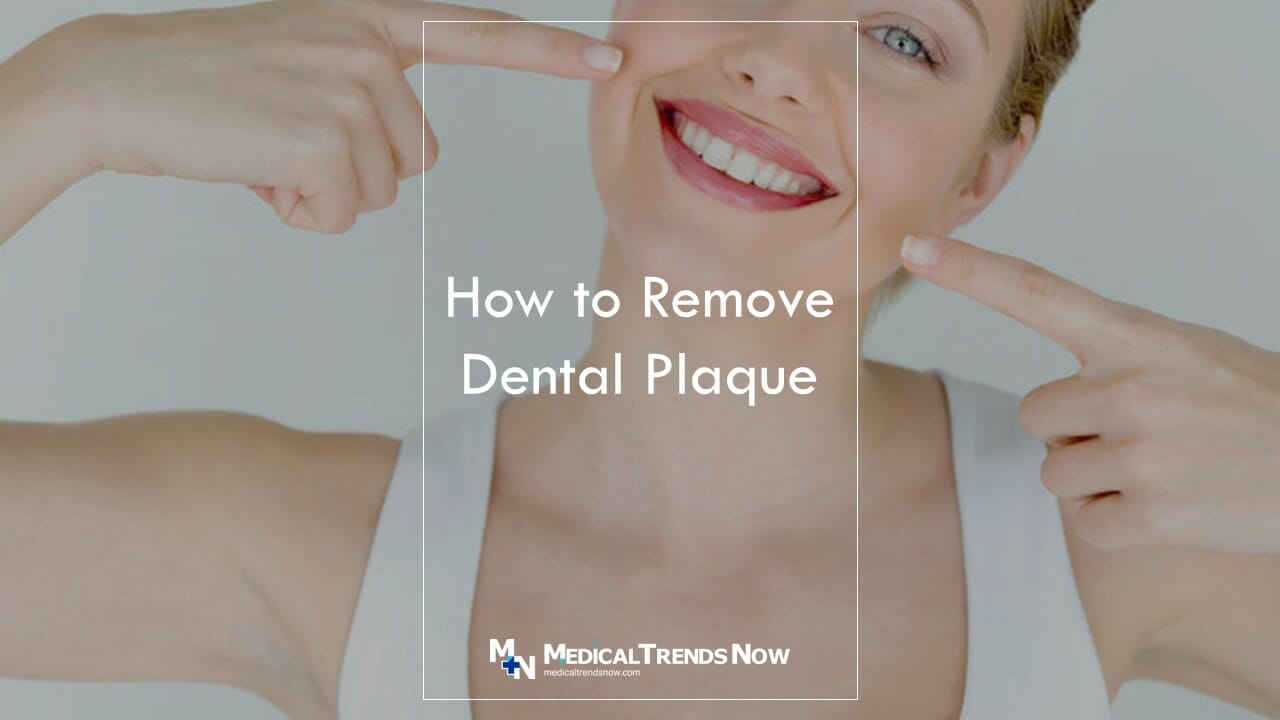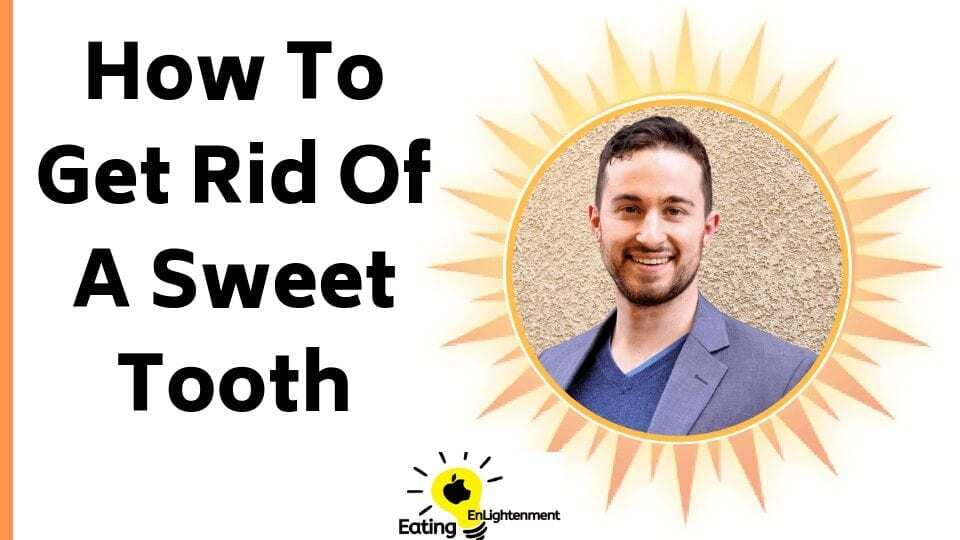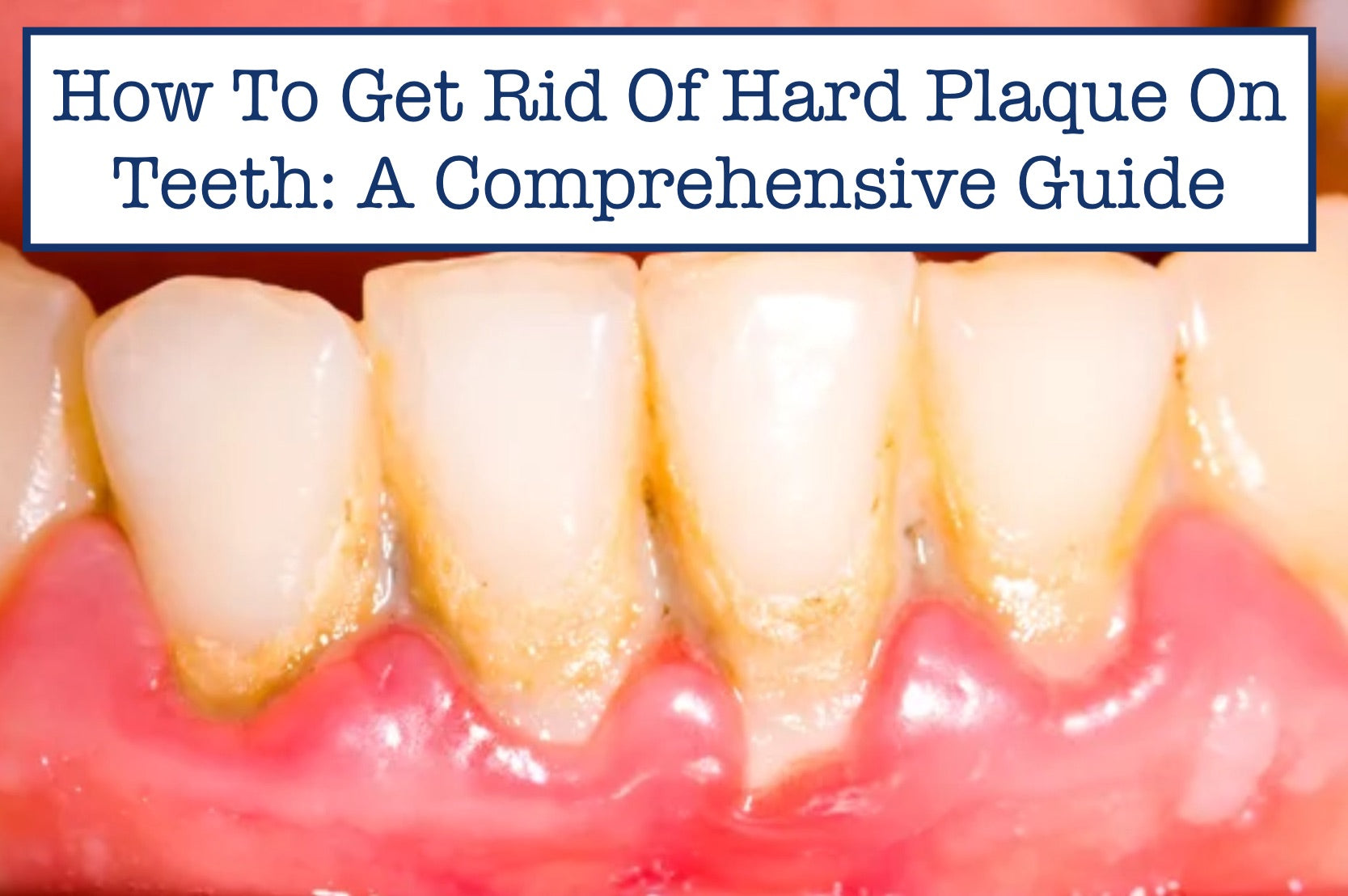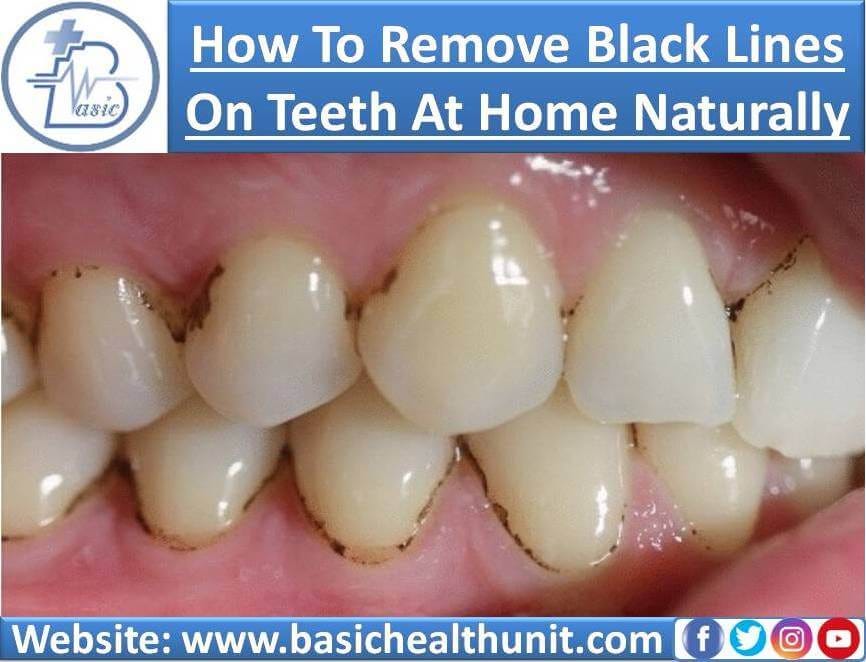How To Get Rid Of Gritty Feeling On Teeth

Imagine running your tongue across your teeth, expecting a smooth, clean surface, but instead, you encounter a disconcerting, gritty texture. It's an unsettling feeling, like tiny grains of sand clinging to your pearly whites. This unpleasant sensation can not only detract from the joy of eating and drinking but also leave you feeling self-conscious about your oral hygiene.
The gritty feeling on teeth, while often harmless, can be a persistent annoyance. This article delves into the common causes of this oral textural frustration, offering practical and effective strategies to restore a smooth, clean feel to your smile.
Understanding the Culprits Behind Gritty Teeth
Several factors can contribute to that unwelcome gritty feeling. Identifying the root cause is the first step in finding the right solution. Here are some of the most common culprits:
Dietary Factors
Certain foods and drinks can leave a residue on your teeth, creating a gritty sensation. For example, spinach, rhubarb, and other foods high in oxalic acid can bind with calcium to form tiny crystals that cling to the enamel.
Similarly, sugary or acidic foods can soften the enamel, making it more susceptible to trapping microscopic particles. Coffee and tea, while staples for many, can also contribute to buildup and staining.
Inadequate Oral Hygiene
Perhaps the most common cause of gritty teeth is simply inadequate brushing and flossing. When plaque and bacteria aren't effectively removed, they can harden into tartar (calculus), which has a rough, porous texture.
Even with regular brushing, neglecting to floss allows food particles and plaque to accumulate between the teeth, contributing to the overall gritty sensation.
Dry Mouth (Xerostomia)
Saliva plays a crucial role in washing away food particles and neutralizing acids in the mouth. When saliva production is reduced, a condition known as xerostomia or dry mouth, the mouth's natural cleaning mechanism is compromised.
This can lead to a buildup of debris and bacteria, resulting in that gritty feeling. Dry mouth can be caused by medications, medical conditions, or dehydration.
Dehydration
Related to dry mouth, simple dehydration can also contribute to a gritty feeling on the teeth. When you don't drink enough water, your saliva becomes thicker and less effective at cleansing your mouth.
The Office on Women's Health states that dehydration can impact salivia production and result in teeth issues.
Overuse of Whitening Products
While whitening products can brighten your smile, overuse can sometimes lead to enamel erosion and increased tooth sensitivity. Some whitening toothpastes contain abrasive ingredients that, when used excessively, can roughen the enamel surface.
Similarly, whitening strips and trays can sometimes dehydrate the teeth, temporarily creating a chalky or gritty feeling.
Calculus Buildup
Also known as tartar, calculus is hardened plaque that can only be removed by a dental professional. Its porous surface readily accumulates stains and debris, contributing to the gritty texture.
Calculus often forms along the gumline and in hard-to-reach areas, making it difficult to remove with brushing and flossing alone.
Strategies for Smoothing Things Out
Fortunately, you don't have to live with gritty teeth. Here are several effective strategies to address the problem and restore a smooth, clean feel to your mouth:
Improve Your Oral Hygiene Routine
This is the foundation of good oral health and the first line of defense against gritty teeth. Brush thoroughly at least twice a day, using a soft-bristled toothbrush and fluoride toothpaste.
Be sure to reach all surfaces of your teeth, including the back teeth and along the gumline. Floss daily to remove plaque and food particles from between your teeth, where your toothbrush can't reach.
Consider using an interdental brush or water flosser for added cleaning power, especially if you have tight spaces between your teeth.
Adjust Your Diet
Be mindful of the foods and drinks that can contribute to buildup and enamel erosion. Limit your intake of sugary and acidic foods, and rinse your mouth with water after consuming them.
When eating foods high in oxalic acid, pair them with calcium-rich foods to help minimize the formation of crystals. Also, consider reducing your intake of coffee and tea, or rinsing your mouth with water after drinking them.
Stay Hydrated
Drink plenty of water throughout the day to keep your saliva flowing and help wash away food particles and bacteria. Aim for at least eight glasses of water per day.
Consider carrying a water bottle with you and sipping on it regularly, especially in dry environments or during physical activity.
Use Fluoride Toothpaste and Mouthwash
Fluoride strengthens tooth enamel and helps protect against acid erosion. Use fluoride toothpaste and mouthwash as part of your daily oral hygiene routine.
If you're prone to dry mouth, consider using a fluoride mouthwash specifically designed for dry mouth, as these often contain ingredients to stimulate saliva production.
Consider a Tongue Scraper
Bacteria can accumulate on the surface of your tongue, contributing to bad breath and a gritty feeling in your mouth. Use a tongue scraper to gently remove this bacteria.
Scrape from the back of your tongue to the front, rinsing the scraper after each stroke. This can make a surprising difference in the overall cleanliness of your mouth.
Professional Dental Cleanings
Regular dental cleanings are essential for removing plaque and tartar that you can't remove at home. Your dentist or dental hygienist can use specialized tools to thoroughly clean your teeth and identify any potential problems.
Schedule professional cleanings at least twice a year, or more frequently if you're prone to buildup or have gum disease. These appointments can remove calculus, which as WebMD notes, requires a professional.
Address Dry Mouth
If you suspect you have dry mouth, talk to your doctor or dentist. They can help determine the underlying cause and recommend appropriate treatment options.
This might include changing medications, using saliva substitutes, or stimulating saliva production with sugar-free gum or lozenges. The Mayo Clinic recommends prescription medication for dry mouth in serious situations.
Use Whitening Products Judiciously
If you use whitening products, follow the instructions carefully and avoid overuse. Choose whitening toothpastes with mild abrasives and avoid using them more than recommended.
Consider using whitening strips or trays under the guidance of your dentist to minimize the risk of enamel damage.
When to See a Dentist
While many cases of gritty teeth can be resolved with improved oral hygiene and lifestyle adjustments, it's important to see a dentist if the problem persists or is accompanied by other symptoms. Schedule an appointment if you experience:
- Persistent gritty feeling despite improved oral hygiene
- Tooth pain or sensitivity
- Bleeding gums
- Bad breath
- Changes in tooth color or texture
These symptoms could indicate underlying dental problems, such as cavities, gum disease, or enamel erosion, that require professional treatment.
A Smooth Path to a Smoother Smile
The gritty feeling on teeth can be an unwelcome and persistent annoyance, but it's rarely a problem without a solution. By understanding the common causes and implementing the strategies outlined above, you can take control of your oral health and restore a smooth, clean feel to your smile. Remember that consistency is key – stick to a good oral hygiene routine, make smart dietary choices, and stay hydrated to keep your teeth feeling their best. The journey to a smoother smile is within your reach, leading to a more confident and comfortable you.



